Euro-Asian Collaboration for Enhancing STEM Education (EASTEM)

Oficial Website : eastemproject.eu
1. BACKGROUND OF EASTEM PROJECT
EASTEM is a capacity building project funded by Erasmus + (KA2) with the aim of increasing the employability of STEM graduates from partner universities by ensuring students obtain the skills needed at the workplace. EASTEM uses an approach from STEM-centered student education to develop lecturer competencies and bridge the gap between industry and universities. For 3 years (2019-2021) and with a budget of 999,000 EUR, this project will bring together 3 universities from Europe and 10 from Asia, creating a platform for partner universities to exchange best practices on student-centered STEM education.
2. UNIVERSITY PARTNERS IN EASTEM PROJECT
2.1 Europe
Uppsala University, Sweden (coordinator)
Vilnius University, Lithuania
IMT Atlantique, France
2.2 Vietnam
Ho Chi Minh City University of Technology and Education
Hue University of Sciences
Hung Yen University of Technology and Education
2.3 Thailand
Chiang Mai University
Mahidol University
Prince of Songkla University
2.4 Indonesia
Del Institute of Technology
Udayana University
Bandung Institute of Technology
Gadjah Mada University
2.5 Partner Partners
Ministry of Education and Training (MOET), Vietnam
Vietnam Electronic Industries Association (VEIA), Vietnam
3. PURPOSE OF EASTEM PROJECT
The purpose of this activity is
1) Train lecturers in developing student-centered competencies
Uppsala University will introduce an approach to student-centered STEM education for the consortium. In the first phase, four lecturers per Asian partner institution participate in a student-centered competency development course and then hold a pilot course where students solve problems from the local industry and community in international teams across all partner institutions. In the second phase, lecturers who are trained in the first phase will conduct staff development sessions for other lecturers both inside and outside their institutions. Participating lecturers will learn to use a student-centered competency development approach in their teaching, while each university will strengthen partnerships with the local community.
2) Building STEM education centers
The University of Vilnius will support lecturers, deans and administrative staff at partner universities in Asia to establish, staff and run STEM education centers to ensure sustainability and increase the visibility of student-centered STEM activities. These centers will anchor STEM activities firmly within the university structure and serve as a focal point for each university's STEM initiatives. By involving students and external partners such as local high schools in central activities, the center will have the potential to develop into STEM education and learning centers in each city or region.
3) Facilitating industry involvement and integrating competencies into educational programs
Building good case practices from all partner institutions, IMT Atlantique will guide partners on how to integrate competency development for students into university education programs and strategies by involving deans, vice-chancellors, and chancellors. This will increase the capacity of partner institutions to offer education that focuses on student needs and labor market requirements. With support at the strategic level of university management, STEM activities will be more sustainable and partner institutions will be better equipped to interact with corporate partners in developing university education.
Oficial Website : eastemproject.eu
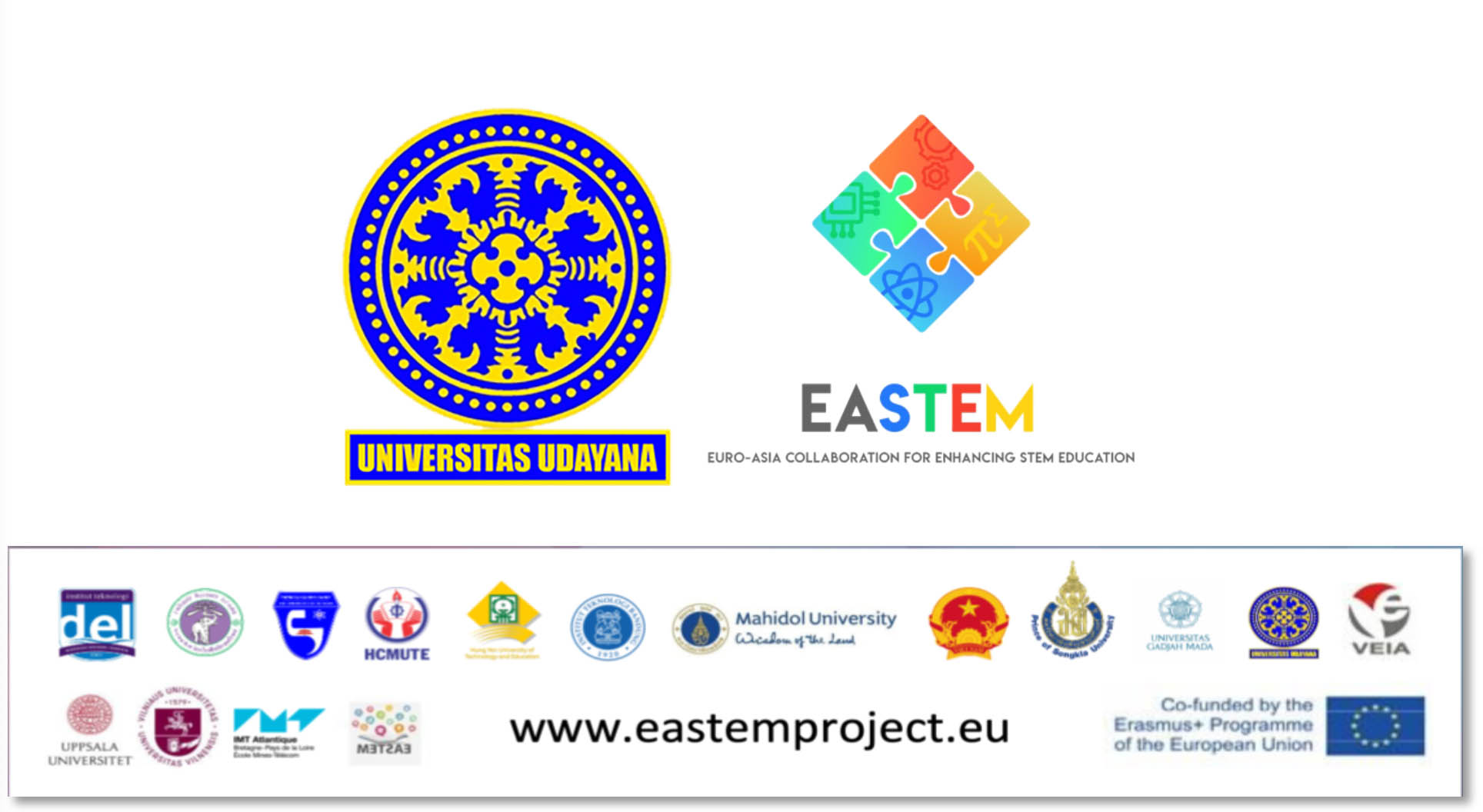
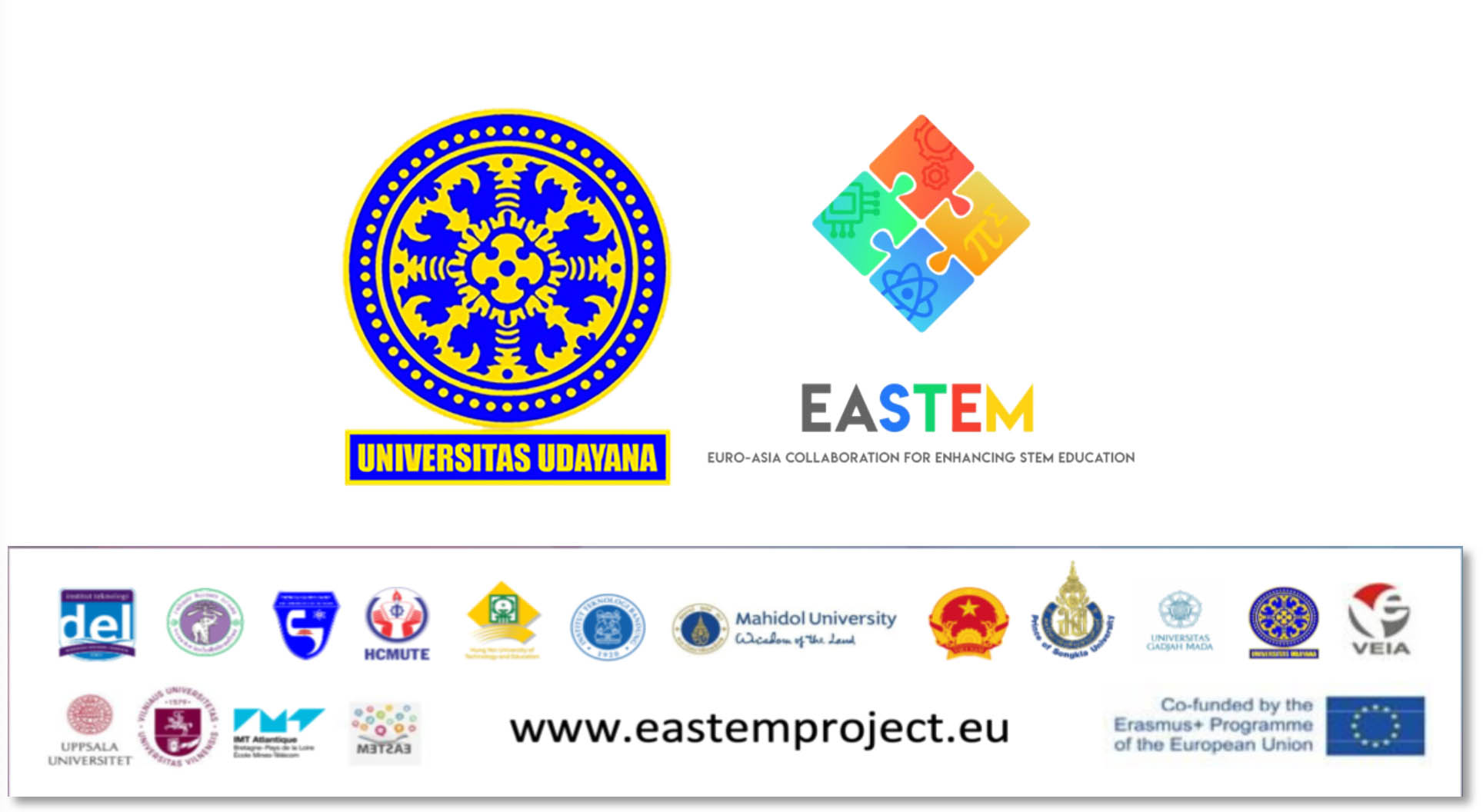
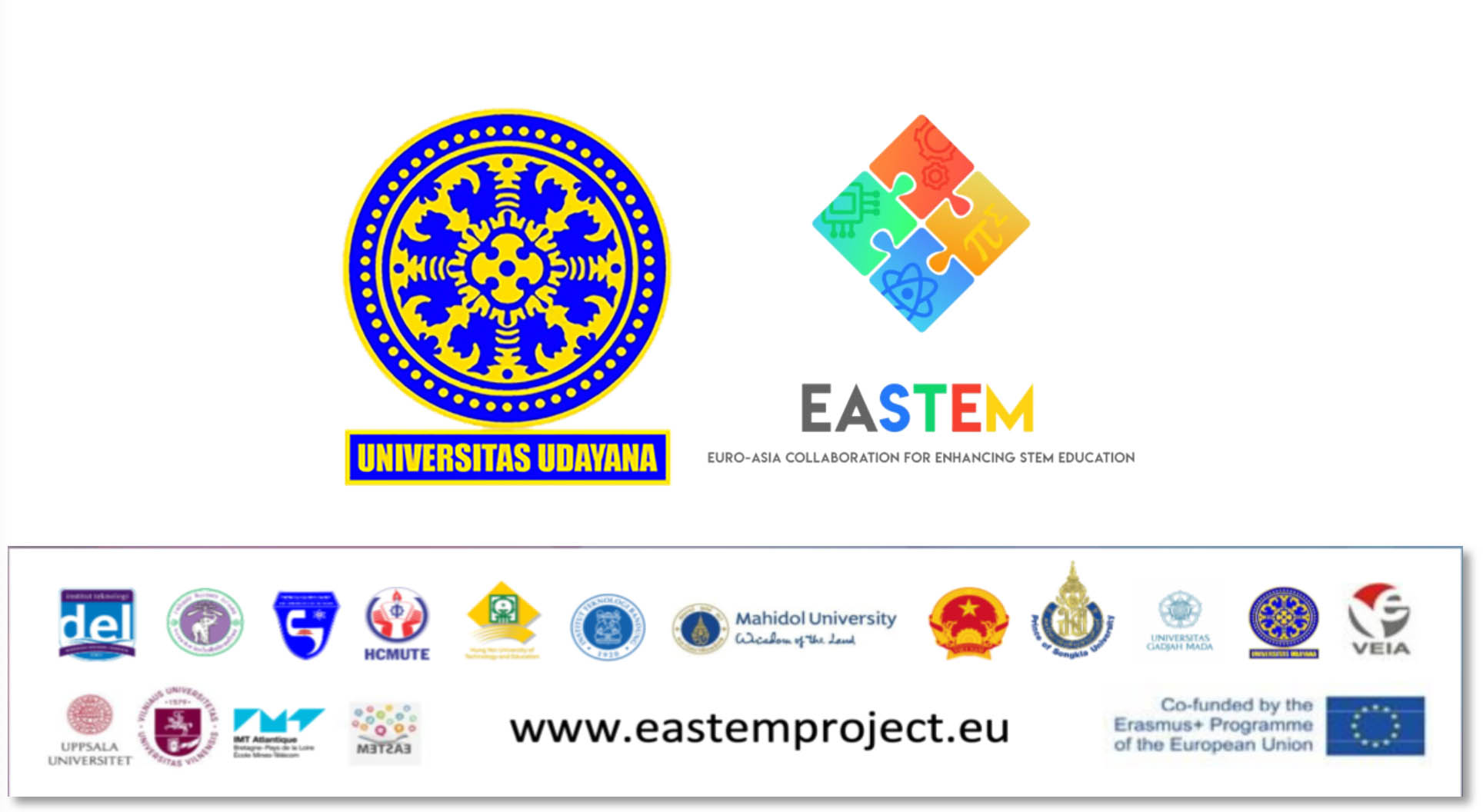
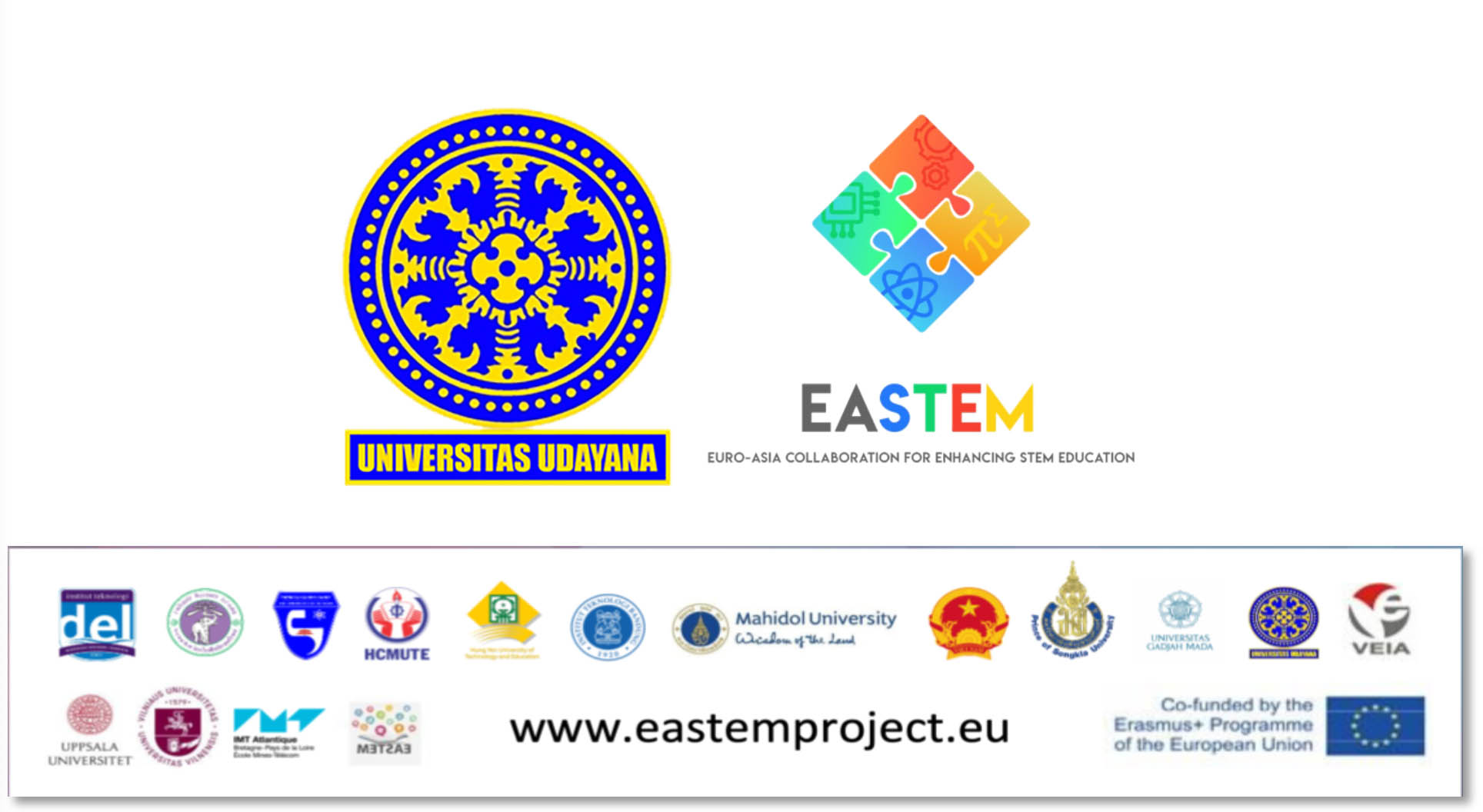
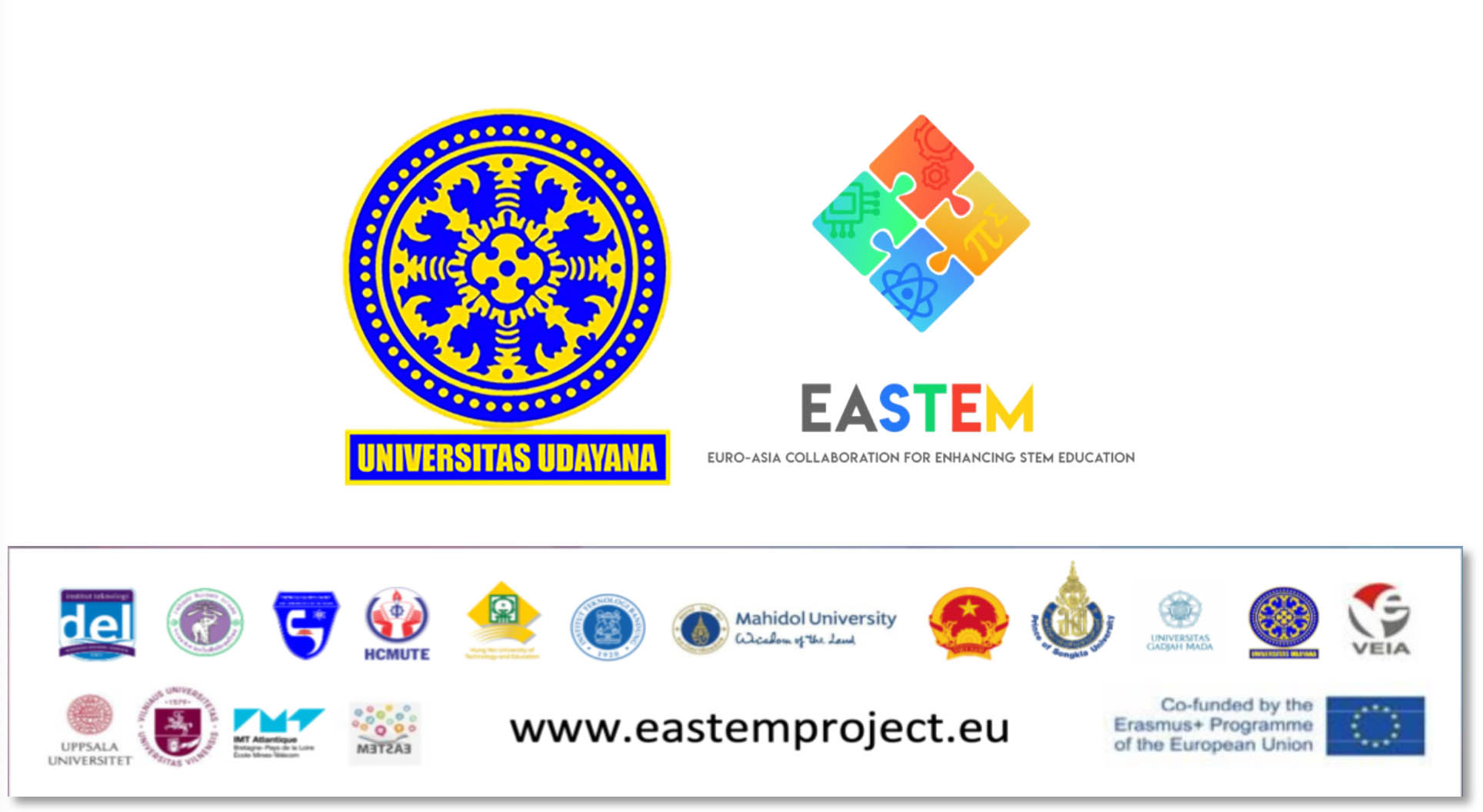
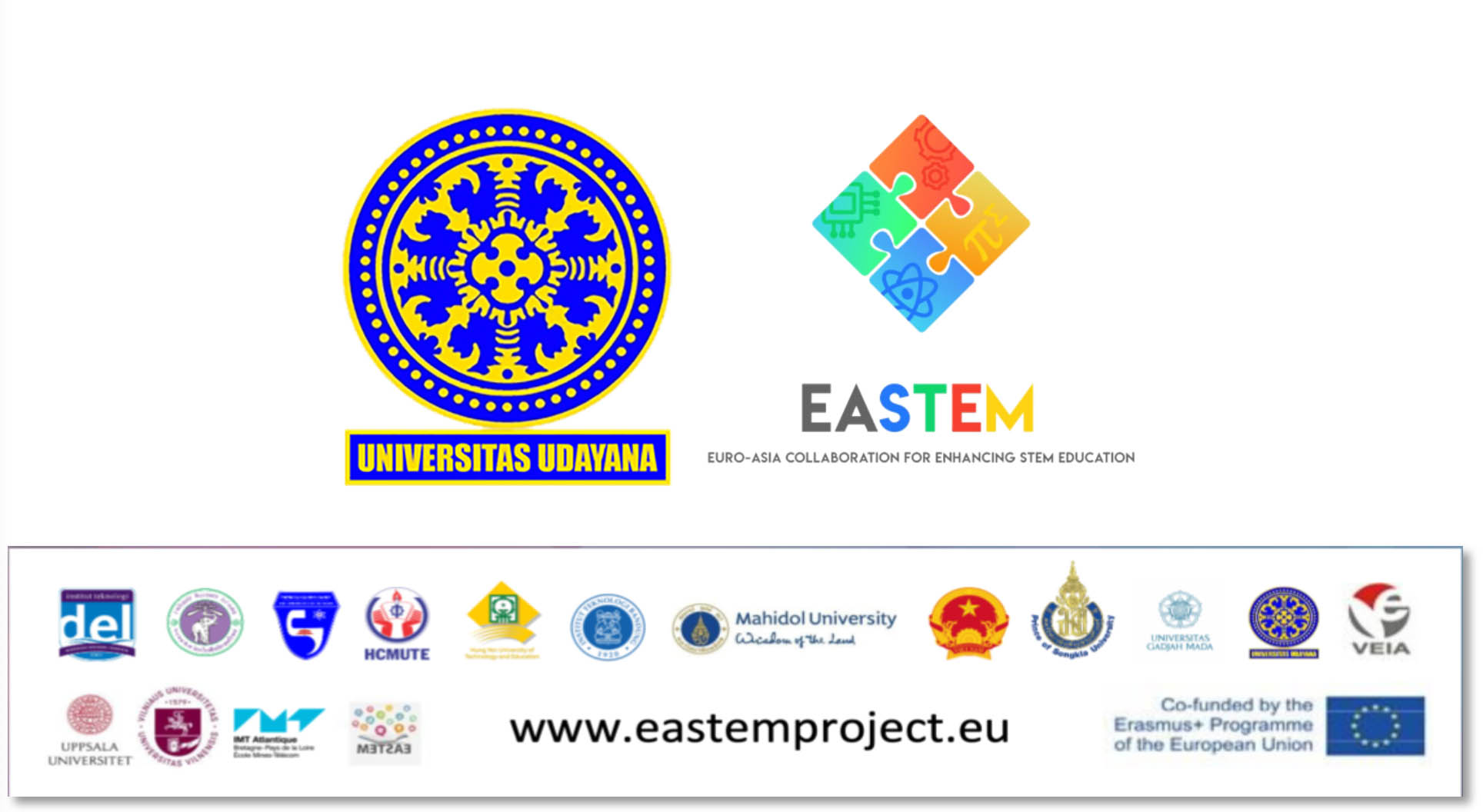
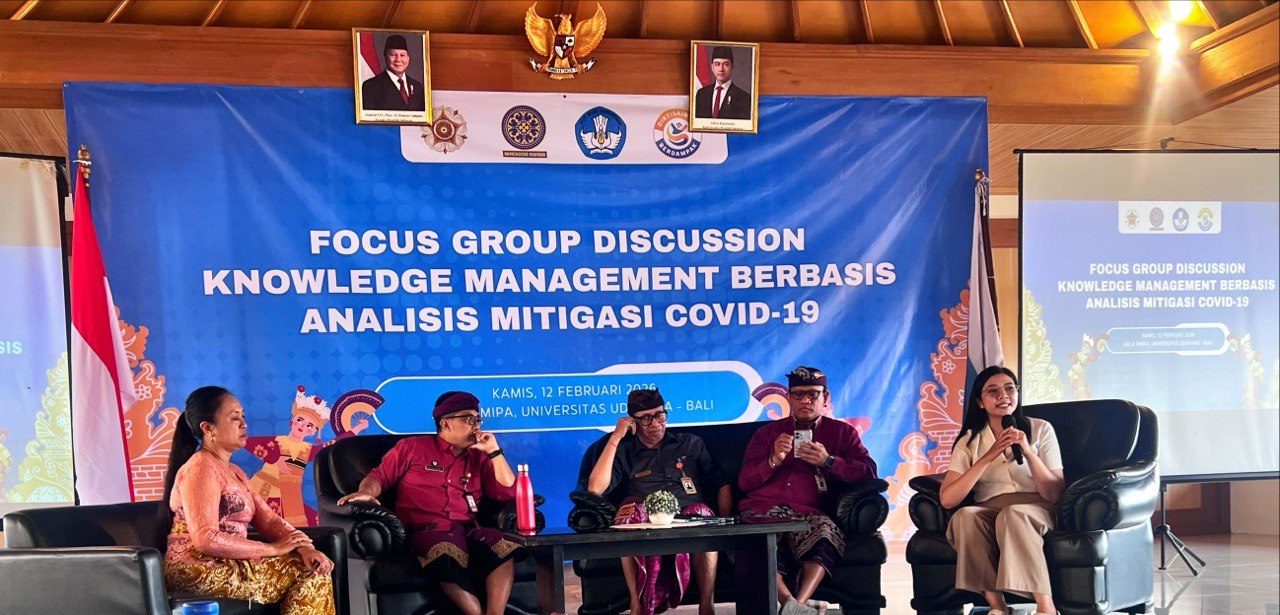
.jpeg)

FACULTY OF MATH AND SCIENCE